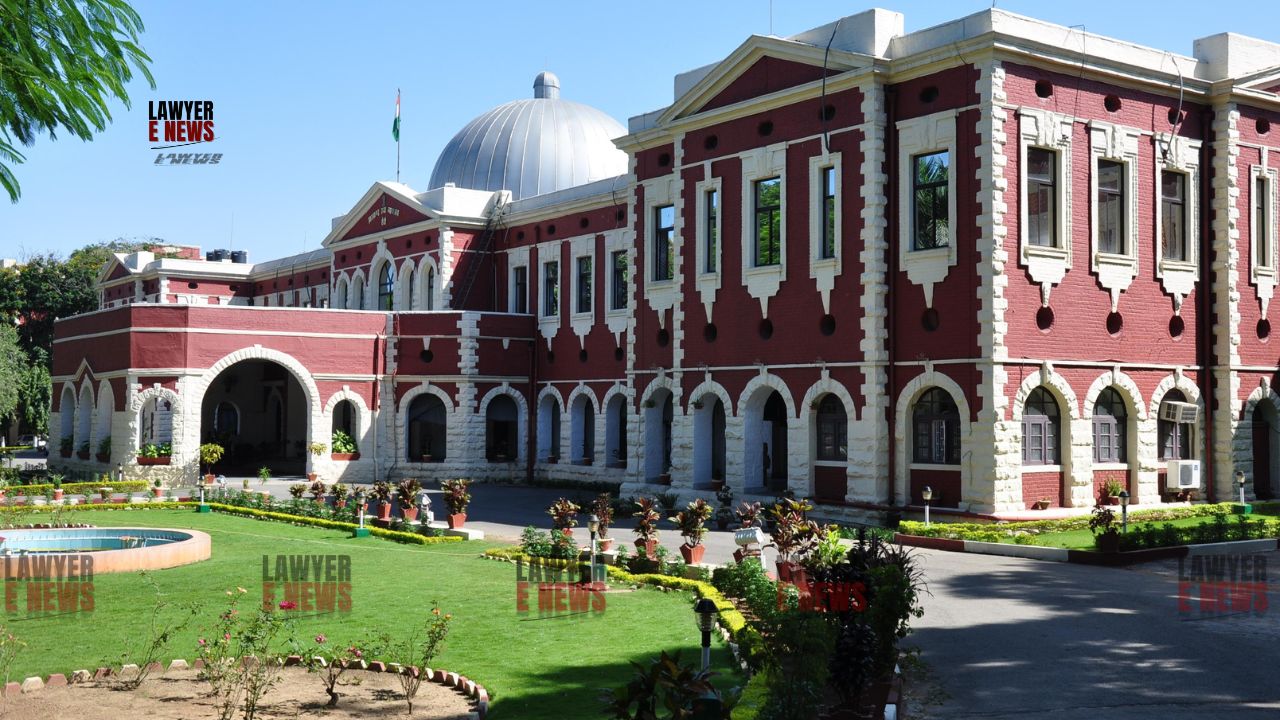-
by sayum
14 February 2026 2:22 PM



Jharkhand High Court upholds conviction under Sections 420, 323, and 341 IPC, modifies sentence due to prolonged legal proceedings and partial imprisonment served.
The High Court of Jharkhand has upheld the conviction of Md. Shakur in a case involving cheating, causing hurt, and wrongful restraint, confirming the decisions of both the trial court and the appellate court. The judgment delivered by Justice Pradeep Kumar Srivastava on May 15, 2024, emphasizes the credibility of the evidence presented, while also modifying the sentence due to the extensive duration of the legal process and the partial imprisonment already served by the petitioner.
The case originated from a complaint filed by Kamta Prasad Vishwakarma, who accused Md. Shakur of inducing him to invest Rs. 1,00,000 in a fraudulent scheme involving shares of Sun Earth Plantation Limited. Vishwakarma alleged that after the maturity period, he was unable to encash a cheque for Rs. 2,00,000 issued by the petitioner, as the company’s account had been closed. Subsequent attempts to recover his investment led to an altercation where Vishwakarma was assaulted and driven away by Shakur and his associates. The trial court found Shakur guilty under Sections 420, 323, and 341 of the IPC, sentencing him to three years of simple imprisonment and fines. The appellate court upheld this decision, prompting Shakur to file a revision petition in the High Court.
Justice Srivastava underscored the reliability of the prosecution’s evidence, noting that both oral and documentary proofs were consistent and convincing. “The concurrent findings by the trial and appellate courts clearly demonstrate the credibility of the prosecution’s case and confirm the petitioner’s guilt,” the judgment stated.
The court scrutinized Shakur’s involvement in the fraudulent investment scheme. Despite Shakur’s defense claiming he was a mere agent of the company and a victim himself, the court found substantial evidence linking him to the fraud and subsequent assault on the complainant. “The petitioner’s inducement led to the complainant’s financial loss, and his actions during the altercation further exacerbated his culpability,” remarked Justice Srivastava.
The court’s legal reasoning hinged on the substantial evidence supporting the complainant’s allegations and the corroborative documentary proof. “The evidence corroborated the complainant’s statements, leaving no room for doubt regarding the petitioner’s involvement in the offenses under Sections 420, 323, and 341 of the IPC,” the judgment elaborated.
Justice Srivastava noted, “Considering the time elapsed since the incident and the substantial period of imprisonment already undergone by the petitioner, it is in the interest of justice to modify the sentence accordingly.”
The High Court’s decision to dismiss the criminal revision on merits while modifying the sentence highlights the judiciary’s balanced approach in addressing the severity of the offenses and the prolonged legal ordeal endured by the petitioner. By affirming the lower courts’ findings and adjusting the sentence to the imprisonment already served, the judgment underscores the importance of timely justice and the consideration of the accused’s suffering during extended legal processes. This ruling is poised to influence future cases, emphasizing the need for efficiency and fairness in the judicial system.
Date of Decision: May 15, 2024
